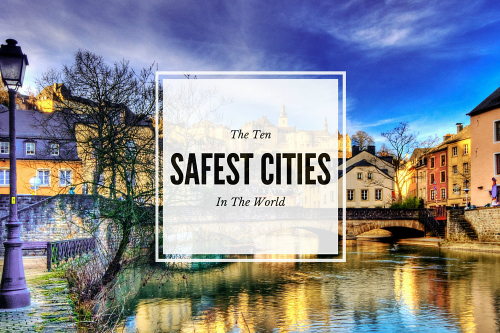Safety is one of the major concerns for expats all over the world and has an effect on a variety of factors, including choice of location and salary packages. Most expats, but particularly those with families, place safety above other considerations when choosing a location, at least until a certain basic standard is achieved.Employers too worry about safety – an important concern for them is of course the safety of the employees themselves, but in addition, companies typically have to offer larger compensation packages when sending their employees to locations that are known to be unsafe.
There are a number of different factors that affect safety – crime levels are an important example, which many cities even in developed countries continue to grapple with. Terrorism of course is another factor that affects cities all over the world, but particularly in regions that are generally unstable. Other factors that can contribute to a climate of fear and violence include social and political unrest, severe social inequality or political oppression, and natural disasters, all of which are often interrelated and may fuel each other.
There are several surveys and studies that look at the safety levels of various cities around the world, usually among several factors affecting quality of life. One of the most recent reports to look at this issue is the Mercer 2016 Quality of Living index, which was released by the American consulting firm in February this year. The report is based on an annual survey, and is aimed at helping multinational companies to plan international assignments for their employees, which makes it a particularly useful resource for expats.
The findings of other reports in the last year or so seem to broadly echo Mercer’s rankings, although the specific rankings of cities do vary. For example, HSBC’s Expat Explorer 2015 report and the Economist’s Safe Index 2015 both agree that Singapore is one of the safest places in the world, along with several cities in Europe, especially in the Nordic and Scandinavian countries. A number of Japanese cities are also widely acknowledged as safe, although their exact rankings vary, and they don’t find a place in Mercer’s top ten.
Here are the safest cities in the world for expats according to the recent Mercer report.
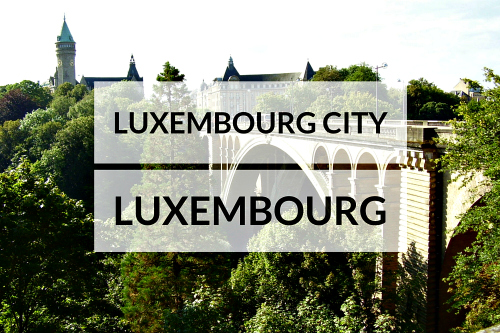
Luxembourg was ranked the safest city in the world, and the biggest threat you need to worry about here is petty crime like pickpocketing and purse snatching, along with some amount of credit card fraud. There is a certain amount of organized crime and drug trafficking in Luxembourg, but violence is rare, and ordinary residents of the city are rarely affected by this kind of criminal activity. Terrorism isn’t considered a threat, and there is no major political or social unrest to speak of. There are occasional protests, but these are never violent, and usually do not even disrupt life for the rest of the city.
On the whole, the country itself is stable and well developed, with an advanced economy and the highest GDP per capita in the world. The country offers a great quality of life, with its rich culture (mainly a mix of French and German), its excellent infrastructure, and its extremely diverse population that includes a huge number of expats. The country as a whole is said to have a higher percentage of expats than any other European country.
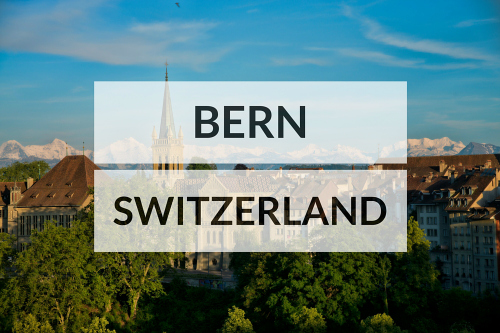
Switzerland as a whole is one of the safest countries in the world, and its capital city Bern places second on the list. Here too, the main threat that outsiders need to worry about is purse snatching and pickpocketing. It is mainly vulnerable tourists who are affected by these crimes, but expats may also find themselves targeted at times. Apart from this, there are street scams involving gambling and poor-quality goods, and rental scams that mainly target newly-arrived foreigners looking for accommodation in the country. Football-related violence and racist attacks are known to occasionally take place in Switzerland, but Bern is not especially affected by this problem.
On the whole, the city is safe and quite diverse – around 34% of the population consists of foreign nationals, who come from countries including Germany, Italy, Spain, Portugal, Turkey, the Republic of Macedonia, and Kosovo. The local economy is thriving, with sectors including manufacturing, services, information technology, and finance.
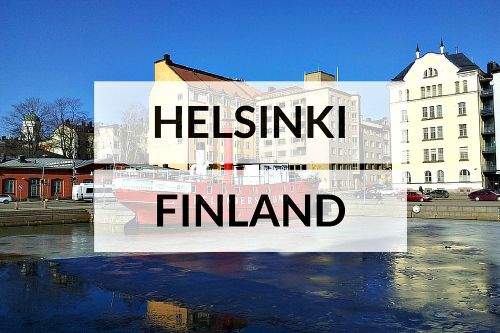
Finland and its capital city Helsinki, like most of the other Nordic and Scandinavian regions, is incredibly safe, with little crime and no major political or social turmoil. Once again, the main threat for expats is petty crime, and personal safety isn’t really a concern. Sexual assaults and other attacks do take place, but the incidence of these is extremely low. There is some amount of gang-related violence, but this almost never spills out into the general public.
There are however certain parts of the city, such as Kaisaniemi Park and Central Station, that tend to have a lot of criminal activity at night and are best avoided after sunset. Of particular concern in Helsinki (and in fact across the country) are the icy roads in winter, which can and often do cause accidents, many of which are fatal.
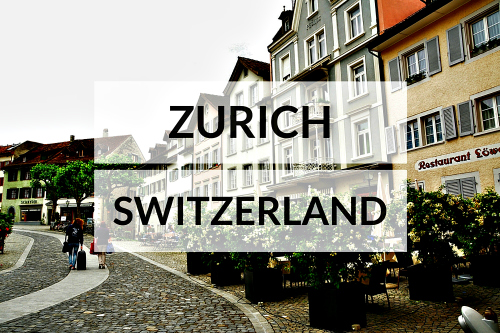
This is the second Swiss city on the list, and it’s not the last. Zurich is the largest city in the country, and is general regarded as one of the safest and best cities in Europe. In fact, the Mercer Quality of Living reports have regularly rated Zurich as one of the best city for expats to live in. The inclusion of safety as a parameter has not really affected the city’s standing, and this year it placed second.
Zurich is one of the most expensive cities in the world, but scores extremely highly in almost every area of life, including economics, housing, education, recreation, and of course safety. It is a thriving economic and financial hub, and also an education hub, with two of Europe’s major universities located here. As with Bern, the most common crimes in Zurich are petty crimes and scams, although football violence is more of a problem here, and riot police will be a very prominent and familiar presence at most football matches.
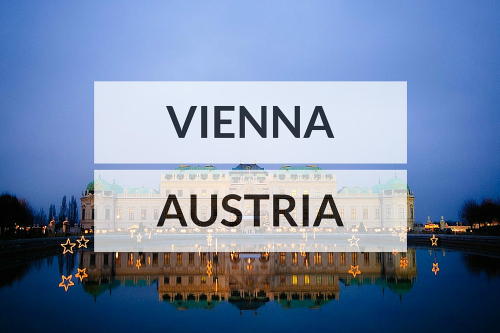
Vienna is one of the most gorgeous and romantic cities in the world, and it also offers expats the best quality of life. The city has topped Mercer’s rankings for several years in a row, and like Zurich, the inclusion of the safety factor hasn’t affected its ranking. Vienna is Austria’s capital city, and also its largest, with a population of almost two million. It’s a big, bustling city, with gorgeous architecture, great history, mouth-watering food and drink, a vibrant cultural life, and a thriving economy.
However, in spite of all these characteristics, it doesn’t grapple with crime like most big cities do. Here too, expats should be aware of petty crime, which includes the usual pickpocketing, purse snatching, rental scams, and other street scams such as fake plainclothes police. Terrorism is a bit of a concern in Austria, especially in the capital, but the threat level is low.
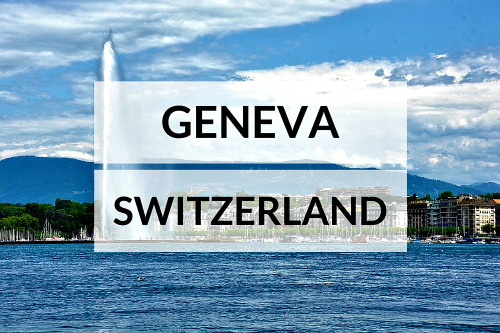
Geneva is the third Swiss city that Mercer places in the top ten. The general perception of the city is that it’s incredibly safe – in fact, the New York Times once said that crime here is so rare that a purse snatching will sometimes be reported in the local newspapers. According to HSBC’s Expat Explorer 2015 report, 80% of expat families in Switzerland said that they felt safer here than they did in their own countries. The nature of crime here is similar to Switzerland’s other cities, except that there are probably more car thefts and con artists here targeting the city’s affluent visitors.
Certain parts of the city, such as the markets and other crowded shopping areas, as well as the Lake Geneva promenade, are more prone to pickpocketing. In Mercer’s overall rankings, Geneva comes in third, just behind Vienna and Zurich, and like Zurich, it’s one of the most expensive cities in the world but also provides an excellent quality of life.
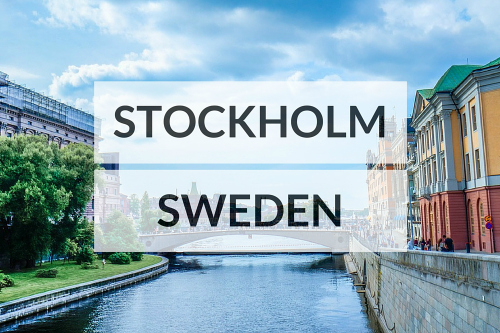
Sweden’s capital city Stockholm is the most populous city in the Nordic countries, with over two million people living in the metropolitan area. Stockholm is Sweden’s capital in more ways than one – it is of course the political capital, but in addition, it’s also the cultural and economic capital, accounting for a third of Sweden’s GDP and housing a large proportion of the country’s important architectural structure and cultural institutions, including museums. Stockholm is also probably Sweden’s most diverse city, with a large population of immigrants.
Once again, most crime in this city involves petty thefts and scams. Taxi scams are frustratingly common, but most expats quickly learn how to avoid them. Baggage theft is another problem, especially at crowded airports and railway stations. Sweden is sometimes said to have an unusually high rate of violent crime, but this is only in comparison to other EU countries and, in particular, Scandinavian countries. Nonetheless, hate crimes, sexual assaults, and football-related violence are a bit of a problem in Stockholm.
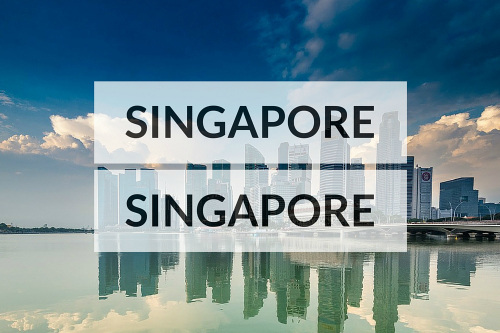
Singapore is the one Asian city in the top ten of Mercer’s 2016 index, although other reports have ranked several Japanese cities highly. However, regardless of exactly where Singapore ranks in Asia and the world, there’s no disputing the fact that this modern, bustling international business hub is one of the safest cities in the world.
Crime is extremely rare here, except for the usual petty thefts and scams. Burglaries have been going down steadily, and violent crime is almost non-existent. This is largely due to the country’s tough laws, which are strictly implemented. However, due to this severe and often conservative approach, many expats say that the biggest danger they face is from the authorities themselves. Unlike many other Asian countries, this isn’t because of corrupt law enforcement (in fact, attempting to bribe an official will only make things worse for you), but because of laws that prohibit everything from chewing gum to eating on public transport.
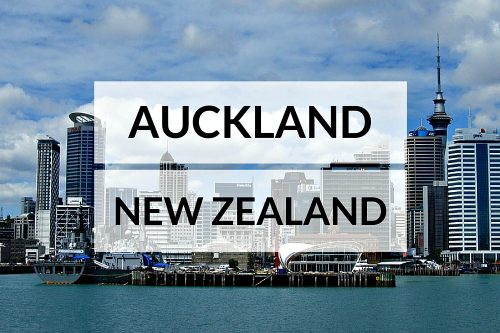
New Zealand’s most populous city is also one of the safest cities in the world. Auckland has a bit of a bad reputation locally, because it does have more crime and violence than New Zealand’s peaceful smaller towns; however, compared to most international cities, Auckland is extremely safe. Pickpocketing and other petty crime is the main problem, and this includes thefts from cars, which occur quite frequently across the country.
New Zealand also has a problem with alcohol-related violence, due to which tourists and expats are advised to avoid staying out late at night, especially around the bar strips and other party areas where this violence tends to occur. If you’re partying in Auckland, it’s advisable to wrap things up early. On the whole however, the city is extremely safe and welcoming, with great weather and plenty of great work opportunities, and places third in Mercer’s overall rankings.
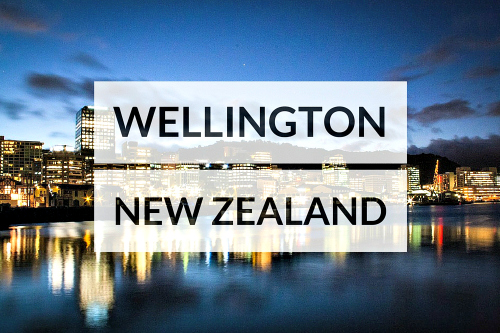
Wellington is New Zealand’s capital city, but it ranks a bit lower than Auckland in terms of overall livability and the two are evenly matched in terms of safety. The safety concerns are essentially the same in both cities – pickpocketing, thefts from cars, and alcohol-related violence. The alcohol problem has somewhat subsided since the city banned drinking in public places, but certain areas of the city are still best avoided late at night.
Nonetheless, Wellington has a lot going for it, and it beats Auckland in at least one way – it has a better public transport system. The city is well developed and has a diverse economy, with tourism playing a major role, but several other strong sectors too, including finance, information and communications technology, and film.
Have you lived in any of the cities listed? Share your experiences in the comments!

